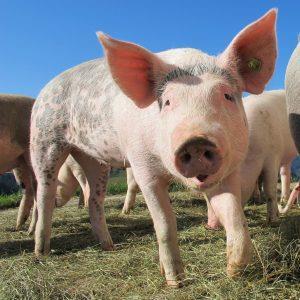Meat Management has spoken to key industry members about their views on the recent report by the European Food Safety Authority (EFSA), which stated that consumption of raw or undercooked pork meat and liver is the most common cause of Hepatitis E infection in the EU.

The National Pig Association noted that the EFSA report “reinforces the existing FSA advice to consumers about cooking pork safely” and added: “The EFSA report highlights that while most cases were reported in France, Germany and the UK, this is because these countries have established and consistent surveillance systems, which stands us in good stead for carefully monitoring this emerging public health issue.
“NPA welcomes the call from EFSA for more research into suitable methods for detecting Hepatitis E in food as this will help us to ensure British pork remains safe.”
The Food Standards Agency has also welcomed EFSA’s opinion on the matter, reiterating that the risk of acquiring hepatitis E virus (HEV) from eating thoroughly cooked pork or pork products remains low.
It added that it is organising cross-government discussions to identify what action needs to be taken to tackle foodborne HEV at all stages of production from farm to fork.
A spokesperson said: “We advise people to thoroughly cook all whole cuts of pork, pork products and offal until steaming hot throughout, the meat is no longer pink and juices run clear. This will reduce the risk of illness from HEV and other foodborne pathogens.
“This opinion builds on discussions held at the FSA-EFSA workshop on foodborne viruses in 2016.”
The Provision Trade Federation’s director general, Andrew Kuyk, commented that the federation supports FSA’s advice and added: “As a general rule meat should be properly cooked to reduce the risk of illness from harmful foodborne bacteria and viruses.”
Policy director at the Association of Independent Meat Suppliers, Norman Bagley, warned that “eating raw or undercooked has always presented additional risks”, advising that “thorough cooking should always be carried out.”
This story was originally published on a previous version of the Meat Management website and so there may be some missing images and formatting issues.












